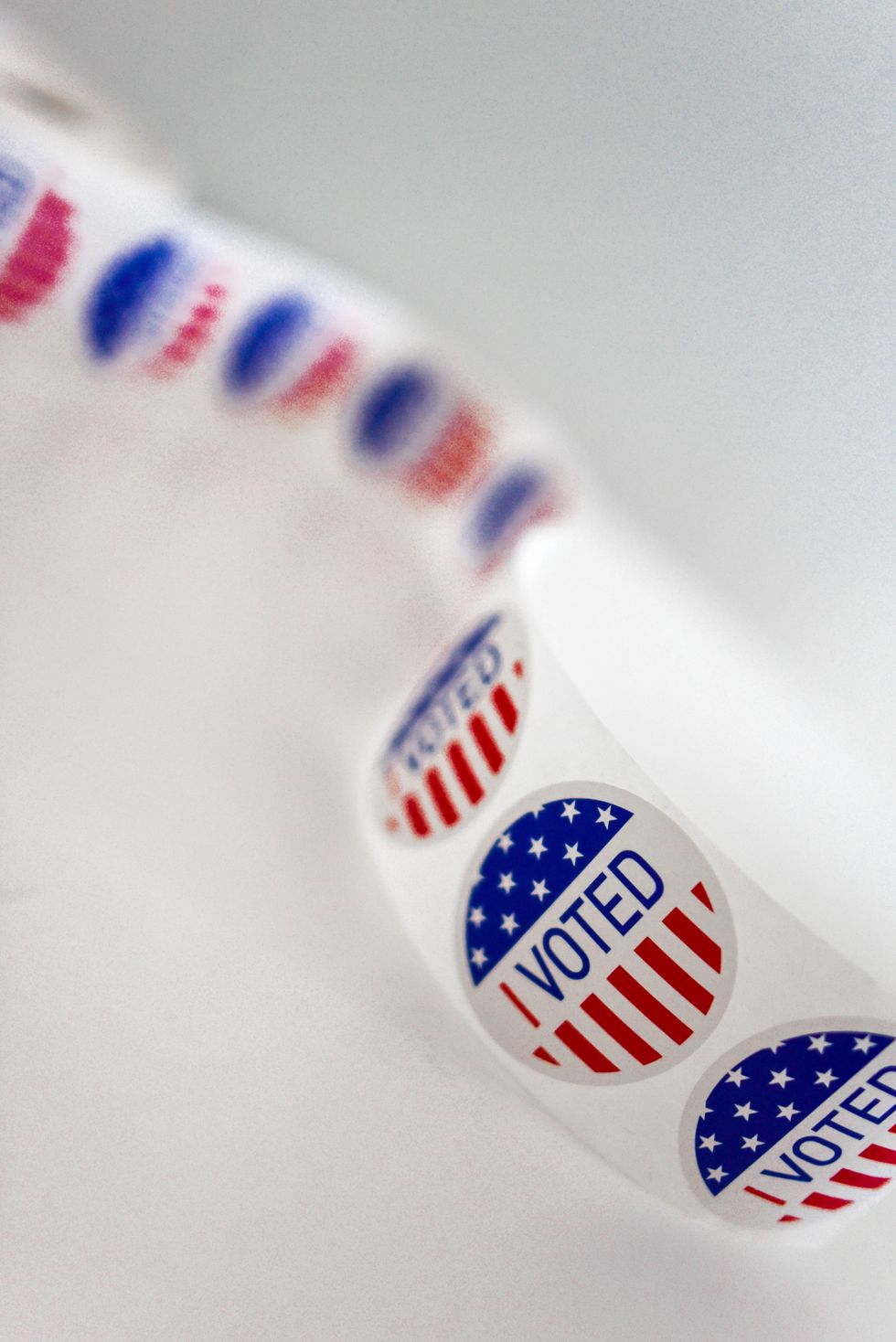I've been struggling for a while now with whether I want to write this or not, but I have finally decided to go ahead and write it. A quick disclaimer before we move on: I hate Trump with a passion, and for a multitude of reasons. If you are a staunch supporter of him, don't bother reading this.
Are we good? Ok, moving on.
I think I can say with confidence that the results of the 2016 Presidential Race were a shock to the nation. If, in 2014 when candidates were first beginning to take spotlight in our everyday lives, someone had told me that they seriously believed that Donald Trump would win the race, I would have laughed in their face. Even today, I still sometimes feel like laughing. It just seems like a strange cosmic joke.
I was amazed from the get-go, but I was I was not angry about the fact that Trump was running for president until he started to actually gain traction. Because that meant that people were seriously voting for him. And that made me angry because it was obvious to me (and to a multitude of historians, civil rights activists, and other politicians) that not only was Trump highly underqualified for the position, but he was also ragingly misogynistic, racist, and homophobic. From his tweets to his proposed policies to his medieval idea of building a wall between the United States and Mexico, Trump made it clear through his rhetoric and his voice that he had very broad and bold ideas about groups of people that did not fit into his idea of what America should look like.
I was angry about the polls (and am still angry) because that meant that the people who voted for this man did not care about these facts. I asked several people around me who were Trump supporters how they could vote for someone who promoted such ideologies, and almost without fail they all responded with some version of, "Oh but I don't believe in that part."
And for a long time, I told myself that such a response made it better. Ok, so they voted for him, but they don't believe the same things as him. That's good, right? But such reasoning still didn't sit well with me, and no matter how many times I told myself that it was ok, it simply wasn't.
In searching for why exactly the response of, "... but I don't believe that... " didn't feel like enough, I came to a realization: Those who voted for Trump and/ or support him may not necessarily be racists, misogynists, homophobic, or bigoted, but Trump is, and the fact that they support him means that him being all of those things is not enough of a deterrent to restrain them from voting for him to be in the greatest seat of power in the world.
In short, these displays of bigotry should be deal-breakers, yet they clearly aren't. Therefore, even to those who voted for Trump saying that they don't share his beliefs/ practices, the fact that his beliefs aren't enough of a turn-off for you to not vote for him only shows that these issues are not important enough to you.
Racism should be important to you.
Gender equality should be important to you.
LGBTQA+ rights should be important to you.
Because these are the marginalized and targeted groups of people who suffer for the unfounded hatreds of those around them. These are the people who whose voices cry out to you. These are the people whose existence matters just as much as yours does, and yet who are, for some ridiculous reason, treated as less than.
These are the people who we should be protecting and supporting. These are the people who our leader should be protecting and supporting, instead of calling them "vermin", instead of threatening to "grab them by the pussy", instead of equating their looks to their worth, instead of suggesting that they are unfit to lead normal lives in our country.
These are subjects that should be important to you, enough so that our candidates' reactions and actions surrounding them should be a key deciding point in how you handle future voting opportunities.
Racism is a deal-breaker.
Sexism is a deal-breaker.
Homophobia is a deal-breaker.
Any sort of bigotry or prejudice that harms others (especially those with less power than you) is a deal breaker. By refusing to acknowledge that, one is refusing to take responsibility for how such prejudices impact the people being targeted. We must take responsibility for how we vote, who we vote for, and the ideals that they uphold and encourage.

















